Looking back over the past 12 months it’s been a turbulent year to say the least. Across the Atlantic we saw US president Donald Trump ramp up his global trade war against China, the EU and just about anyone else he felt was undermining America’s position as the world’s dominant economy.
Closer to home, the Brexit saga trundled on week after week throughout 2019. The paralysis in the House of Commons was finally broken after Boris Johnson secured a commanding victory in the UK general election in December. The UK now looks set to leave the EU by the end of January 2020.
Yet for all the Brexit uncertainty and the growing geopolitical trade tensions, 2019 was ultimately defined as the year the climate crisis took centre stage. Images of children from right across the world on strike from school to demand action on climate change came to symbolise the past 12 months.
Greta's stand
This youth revolution was embodied by Greta Thunberg, the Swedish teenager who rose to global fame for her stand against global warming. In August, Thunberg sailed across the Atlantic Ocean from England to New York to address the United Nations Climate Action Summit.
In December, Thunberg was named Person of the Year by Time magazine and was also nominated for the Nobel Peace Prize.
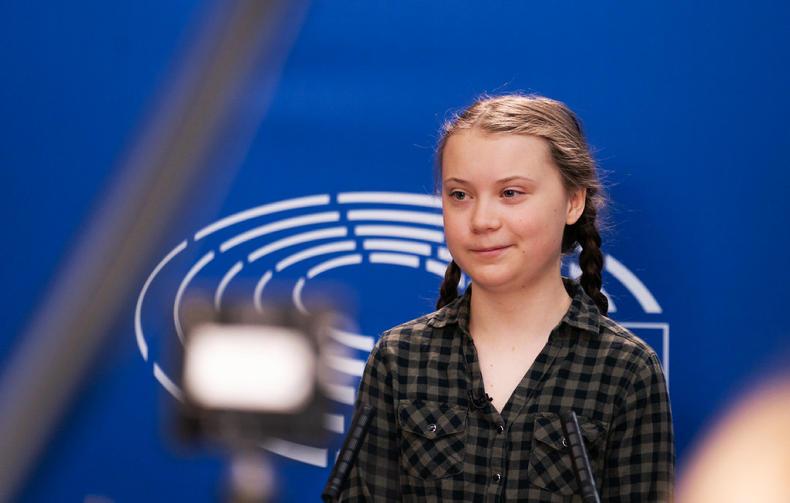
Greta Thunberg embodied the youth revolution, calling for greater action on climate change.
The Swedish teen is a polarising figure for many people, yet her ascent to global prominence merely represents the fact that the need for action on climate change is gathering urgency.
To this end the Irish Government launched its Climate Action plan in June, which sets out a path for every sector of the Irish economy, including agriculture, to meet respective targets to reduce carbon emissions by 2030.
Ireland’s Climate Action Plan is ambitious but the country has a long way to go if we’re to meet these targets.
Wrong direction
While Ireland and many other Western countries are slowing starting to wake up to the need for action on the climate agenda, many global powers are heading in the opposite direction. Next year, the US will formally leave the Paris Climate Accord, which set targets for countries to reduce carbon emissions.
At the same time, Brazilian president Jair Bolsonaro is encouraging farmers in his country to expand production further resulting in large swathes of the Amazon rainforest being cut down.
There’s a lot of uncertainties facing the world as we head into 2020. One thing that is certain is that climate change will remain front and centre of the agenda here in Europe next year.
Looking back over the past 12 months it’s been a turbulent year to say the least. Across the Atlantic we saw US president Donald Trump ramp up his global trade war against China, the EU and just about anyone else he felt was undermining America’s position as the world’s dominant economy.
Closer to home, the Brexit saga trundled on week after week throughout 2019. The paralysis in the House of Commons was finally broken after Boris Johnson secured a commanding victory in the UK general election in December. The UK now looks set to leave the EU by the end of January 2020.
Yet for all the Brexit uncertainty and the growing geopolitical trade tensions, 2019 was ultimately defined as the year the climate crisis took centre stage. Images of children from right across the world on strike from school to demand action on climate change came to symbolise the past 12 months.
Greta's stand
This youth revolution was embodied by Greta Thunberg, the Swedish teenager who rose to global fame for her stand against global warming. In August, Thunberg sailed across the Atlantic Ocean from England to New York to address the United Nations Climate Action Summit.
In December, Thunberg was named Person of the Year by Time magazine and was also nominated for the Nobel Peace Prize.

Greta Thunberg embodied the youth revolution, calling for greater action on climate change.
The Swedish teen is a polarising figure for many people, yet her ascent to global prominence merely represents the fact that the need for action on climate change is gathering urgency.
To this end the Irish Government launched its Climate Action plan in June, which sets out a path for every sector of the Irish economy, including agriculture, to meet respective targets to reduce carbon emissions by 2030.
Ireland’s Climate Action Plan is ambitious but the country has a long way to go if we’re to meet these targets.
Wrong direction
While Ireland and many other Western countries are slowing starting to wake up to the need for action on the climate agenda, many global powers are heading in the opposite direction. Next year, the US will formally leave the Paris Climate Accord, which set targets for countries to reduce carbon emissions.
At the same time, Brazilian president Jair Bolsonaro is encouraging farmers in his country to expand production further resulting in large swathes of the Amazon rainforest being cut down.
There’s a lot of uncertainties facing the world as we head into 2020. One thing that is certain is that climate change will remain front and centre of the agenda here in Europe next year.




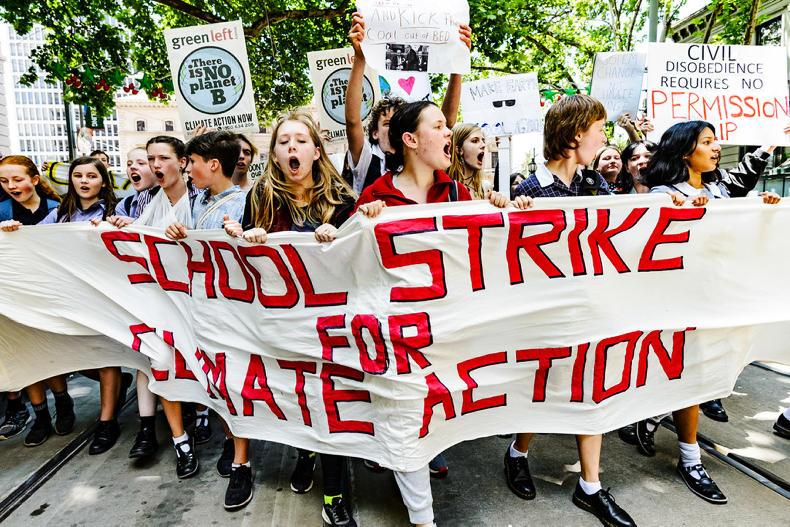
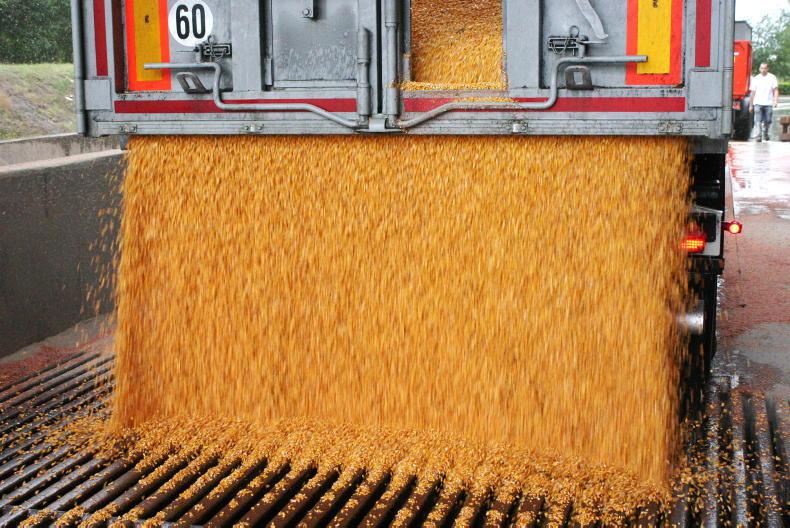

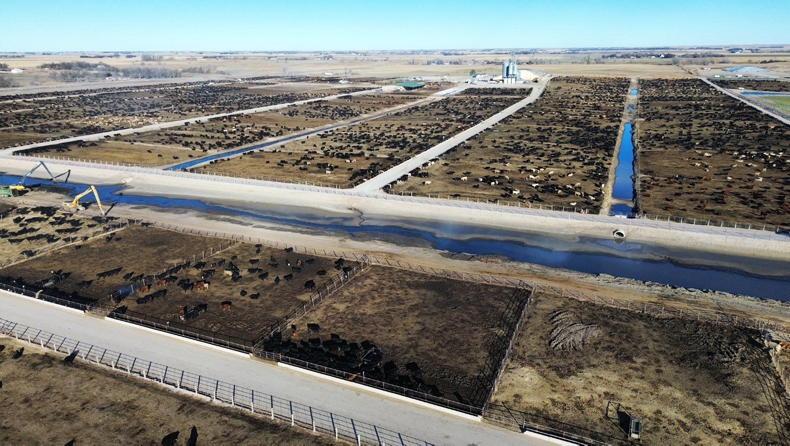

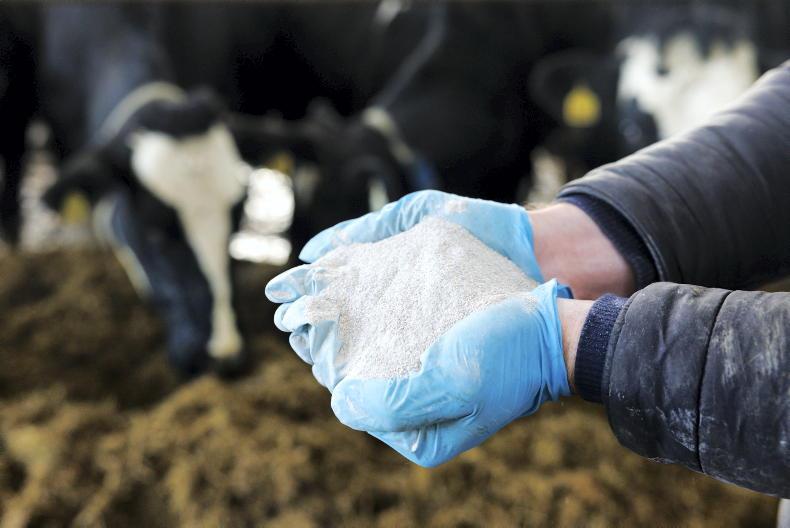
SHARING OPTIONS